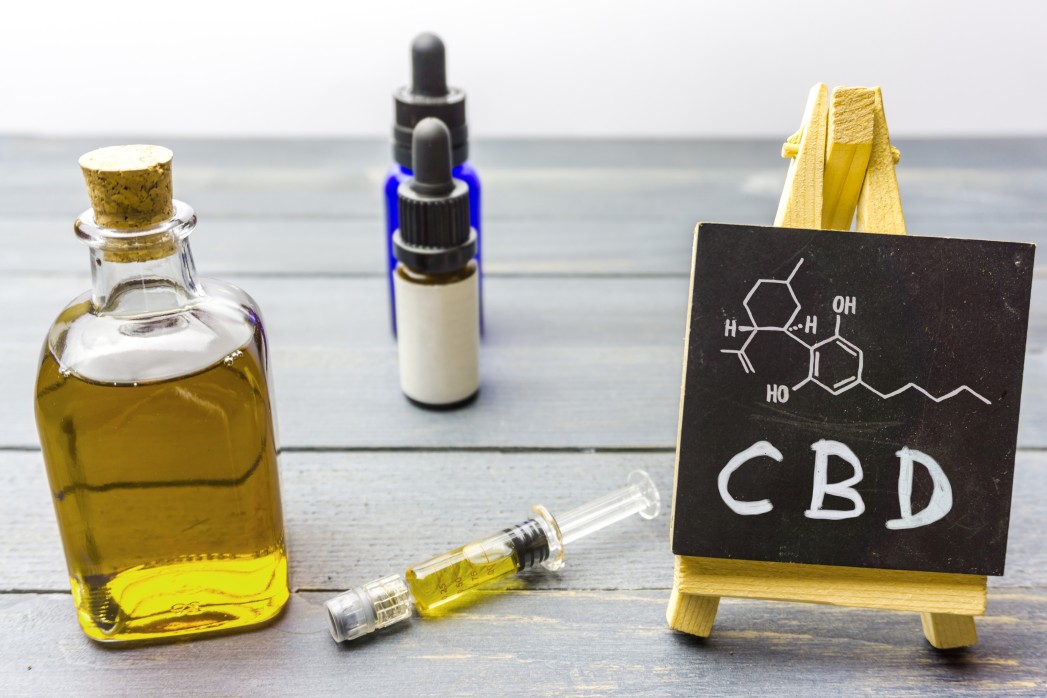
The benefits of using CBD for treating different medical conditions have come to light over the last several years.
In particular, the medical community has acknowledged the efficacy of this plant for treating illnesses like cancer, HIV, epilepsy and even depression. The discovery of CBD came about when cannabis, one of nature’s most powerful healing agents was cultivated and used by Native Americans for hundreds of years. Now, scientists are looking at the benefits of CBD for medical purposes and are currently studying it for possible treatments of psychological disorders.

One of the first benefits of CBD is that it is an anti-depressant. In fact, recent studies showed that it is more potent than the anti-depressants (SSRIs) that are typically prescribed for people who suffer from mild to moderate depression. In addition, it does not cause the same amount of dangerous side effects that these medications can produce.
In addition, it has been discovered that CBD may help reduce the suffering caused by anxiety disorders. In recent years, CBD has been made available for sale over the counter in medical stores, and it has been shown to help many people combat their depression and anxiety disorders. As a result of these recent findings, a number of researchers have looked into the benefits of using CBD to treat mental illness. In the U.S., doctors have begun to offer CBD to their patients who are struggling with chronic illnesses like cancer, HIV, epilepsy and post-traumatic stress disorder. In some cases, doctors have started prescribing CBD for infants with special needs.
People suffering from chronic stress may benefit from taking a CBD supplement.
Two separate studies published in Nature Communications show that CBD can help reduce blood pressure and improve the functioning of enzymes that cause the brain’s reaction to stress. In one study, test subjects who took three weeks of CBD supplements had lower blood pressure at the end of the period than those who did not take the supplements. In a related experiment, test subjects with high blood pressure had fewer signs of stress-related headaches than those who did not take the supplements. The researchers believe that CBD protects the brain cells from the symptoms of stress.
Other recent studies have looked at how CBD affects oxidative stress and the associated symptoms in humans.
Oxidative stress, also known as “free radical” damage, is believed to be responsible for the development of several age-related illnesses, including cancer and coronary artery disease. In mice, researchers found that treatment with CBD significantly decreased the production of superoxide dismutase, which is an enzyme that breaks down excess oxygen-free radicals.
Also, in a separate experiment, mice were found to have less inflammation when they received CBD compared to a control group that received a high-fat diet. While these experiments are still undergoing peer-review at this time, the results provide evidence that CBD has anti-inflammatory potential and may prevent oxidative stress-induced diseases such as cardiovascular disease and cancer.
Another set of benefits of CBD use is its potential to decrease the symptoms of some forms of depression and anxiety. Those suffering from chronic anxiety disorders or post-traumatic stress disorder (PTSD) have found great relief from using CBD. These individuals typically have elevated levels of both adrenaline and cortisol, both of which are associated with the stress response. These elevated levels make it difficult for them to adapt to daily activities, and some evidence suggests that the effects of CBD can help lower these levels.
Perhaps the most commonly reported effect of CBD use is improvement of some anxiety and depression symptoms.
People suffering from PTSD and other anxiety disorders have found great success in using CBD to reduce both their symptoms and their frequency of panic attacks. Because both of these disorders involve an increased level of perceived threat, reducing anxiety and depression is clearly significant to sufferers. It is not clear, however, how the use of CBD affects the perception of danger or the degree to which patients perceive it. Some evidence suggests that CBD has the effect of dampening the inflammatory responses that accompany a traumatic event; whether this acts as a useful mechanism for controlling ibs symptoms remains a matter of debate.
As with the other benefits of CBD, the most definitive proof that CBD can treat anxiety and/or depression in addition to treating various ailments is the consistent success of the drug in clinical trials. This bears out the conclusions reached by those who believe that it is both effective and safe for treating many different conditions.
Those who doubt that CBD can successfully be used to treat some types of ailments should remember that this herb has been widely used for centuries in countries around the world. Today, it is available in most pharmacies as an over-the-counter medication and is being used in countries throughout the world to treat everything from childhood epilepsy to the symptoms associated with chronic pain.